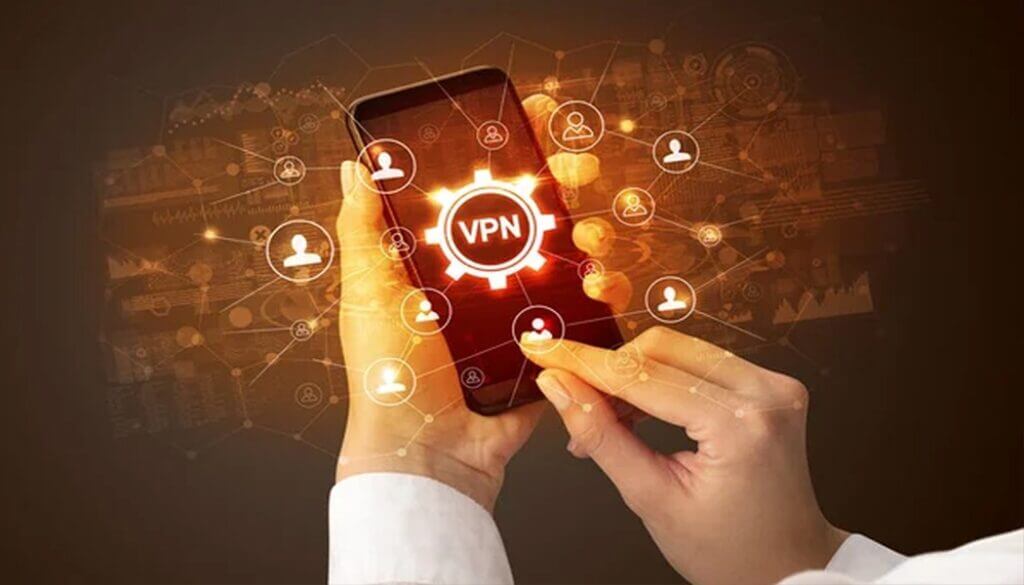What data are in VPN activity logs?
Many people use VPNs in order to give themselves privacy and anonymity when they use the Internet. However, while a VPN will shield you from websites that you access, it may not shield your activity from the VPN provider itself.
Many VPNs keep logs of their users’ activities. Because of this, there’s been an explosion of VPN services offering a “no logs policy.” But is this just advertising or is it accurate? Let’s find out.
What Data Are in VPN Activity Logs?
When discussing VPN activity logs, it’s important to understand how VPNs work in the first place. VPNs work by routing your Internet traffic through a secure, encrypted tunnel to a remote server, which hides your IP address and makes it difficult for others to track your online activities.
While VPNs are an effective way to protect your privacy, it’s important to understand that they may also log certain types of information. When it comes to the types of logs that VPNs maintain, there are two types you should be aware of:
- Metadata and connection logs. These consist of data about your connection, such as IP addresses, time of connection, data usage, and server locations.
- Activity and usage logs. These types of logs consist of the actual content of your VPN sessions, such as app usage, downloads, and browsing history.
Metadata and connection logs may seem harmless, but they can be used to identify you even among countless other users on the same VPN service. They are the most common type of log, with many VPNs keeping them, including a great many who claim to maintain a “no logs policy.”
If your VPN is keeping logs of your IP address, you are not truly anonymous online. This is because your ISP assigns your IP address, so it can be used to identify you easily. Metadata logs from VPNs can be used in conjunction with information from other sources to identify specific users.
With regards to activity and usage logs, this type of logging is far more invasive but less common. A common misconception among some VPN users is that VPN encryption prevents VPN providers from being able to intercept or reading users’ traffic. This is not true.
While most reputable VPN providers do not keep detailed usage logs, many free VPNs do in order to monetize their users’ online activity. Because of this, you should be careful if you are using a free VPN to access the Internet.
Other Types of Logs
While not directly related to your online activity, there are other ways in which your VPN provider can log your personal data.
The first and most obvious is personal data. If you sign up for a VPN service using your name, email address, or other personal information, this information will be kept on file and can be tied to your VPN sessions, especially if the VPN is logging other types of data.
Adding to this, if you pay for your VPN service with a credit card or similar payment method, the VPN may log this information for billing and accounting purposes. Payment logs may include your name, address, and other details linked to your real identity.
For added anonymity, some VPN providers will allow you to pay with cryptocurrency, which allows you to avoid linking your real contact information to your VPN account.
Other Privacy Considerations
When it comes to the types of logs that a VPN keeps, a major consideration you should keep in mind is the country where the VPN service is based. Depending on local laws, the VPN service may be subject to data retention laws or other restrictions.
Many countries around the world require Internet service providers to retain connection logs and classify VPNs as ISPs. This means that it is illegal for VPN services based in those countries to maintain a no-logging policy.
To avoid this, you should select a VPN provider based in a country where data retention laws aren’t applied to VPNs. Most developed countries, such as the U.S. and E.U. countries, exempt VPNs from data retention requirements, which is why many no-log VPN services are based in the United States.
Another concern you may have when selecting a VPN is the risk of government surveillance. Privacy activists worry that VPN providers in the Five Eyes countries (the U.S., U.K., Canada, Australia, and New Zealand) may be forced to provide encryption backdoors to intelligence agencies.
Users who are concerned about surveillance may wish to select a VPN that is based in another country. NordVPN, one of the most popular VPNs in the world, is based in Panama, for example.
One method of determining if a VPN provider has been forced to divulge its log or subscriber activity by government order is to check if they have released any warrant canaries. A warrant canary is an advisory that a service provider has not been issued with a court-ordered subpoena as a particular date, allowing the provider to notify its customers without revealing the existence of the subpoena.
VPN Logging: The Bottom Line
When using a VPN, staying safe involves more than just pressing the connect button. You should be aware of what information your VPN is logging if any. Different VPN providers log different amounts of information based on a variety of factors, including local laws and their own policies.
Before you choose a VPN provider, you should do your due diligence so you can find one that will protect your privacy online. Even if you come across a VPN that boasts of a no-logging policy, you should scrutinize their claims to make sure they’re telling the truth.
With careful research, you’ll be able to find a VPN that’s right for you!

